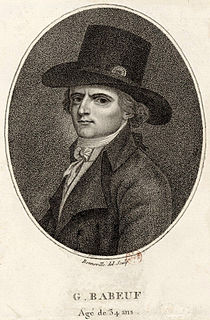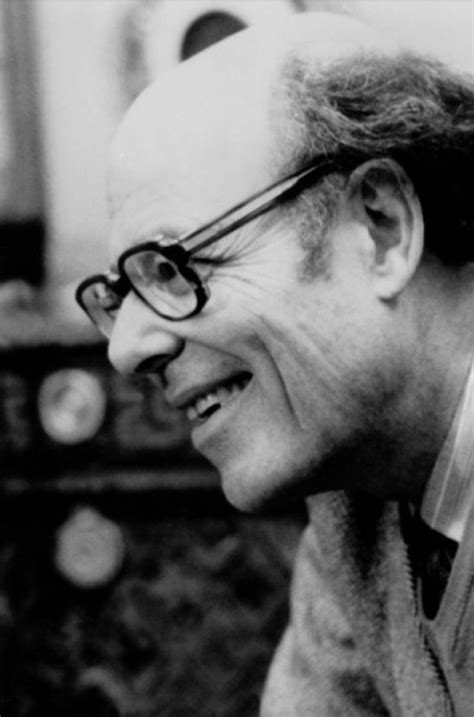A Quote by C. S. Lewis
The human mind is generally far more eager to praise and dispraise than to describe and define. It wants to make every distinction a distinction of value; hence those fatal critics who can never point out the differing quality of two poets without putting them in an order of preference as if they were candidates for a prize.
Related Quotes
Let the revolting distinction of rich and poor disappear once and for all, the distinction of great and small, of masters and valets, of governors and governed. Let there be no other differences between human beings than those of age and sex. Since all have the same needs and the same faculties, let there be one education for all, one food for all.
For years I have told my students that I been trying to train executives rather than clerks. The distinction between the two is parallel to the distinction previously made between understanding and knowledge. It is a mighty low executive who cannot hire several people with command of more knowledge than he has himself.
Some men are born mediocre, some men achieve mediocrity, and some men have mediocrity thrust upon them. With Major Major it had been all three. Even among men lacking all distinction he inevitably stood out as a man lacking more distinction than all the rest, and people who met him were always impressed by how unimpressive he was.
The psychology of the saver and the psychology of the investor is very closely connected with Keynes' distinction between risk and uncertainty. When the future is uncertain, he thought that a lot of saving would be directed towards securing, securing more, getting more security in the present, rather than building wealth in the future, which was the classical view, you save in order to invest, in order to consume more later on. What he had called the propensity to hoard or liquidity preference would normally be stronger than the inducement to invest.
Kant ... was also quite aware that "the urgent need" of reason is both different from and "more than mere quest and desire for knowledge." Hence, the distinguishing of the two faculties, reason and intellect, coincides with a distinction between two altogether different mental activities, thinking and knowing.
To me there never has been a higher source of honour or distinction than that connected with advances in science. I have not possessed enough of the eagle in my character to make a direct flight to the loftiest altitudes in the social world; and I certainly never endeavored to reach those heights by using the creeping powers of the reptile, who in ascending, generally chooses the dirtiest path, because it is the easiest.
To scatter praise or blame without regard to justice is to destroy the distinction of good and evil. Many have no other test of actions than general opinion; and all are so far influenced by a sense of reputation that they are often restrained by fear of reproach, and excited by hope of honour, when other principles have lost their power.
Nobody is publicly accepted as an expert on poetry unless he displays the sign of poet, mathematician, etc., but universal men want no sign and make hardly any distinction between the crafts of poet and embroiderer. Universal men are not called poets or mathematicians, etc. But they are all these things and judges of them too. No one could guess what they are, and they will talk about whatever was being talked about when they came in. One quality is not more noticeable in them than another, unless it becomes necessary to put it into practice, and then we remember it.
To me, a philosopher who says that the distinction between human and nonhuman depends on whether you have a white or a black skin, and a philosopher who says that the distinction between human and nonhuman depends on whether or not you know the difference between a subject and a predicate, are more alike than they are unlike.
So far as this argument is concerned nonhuman animals and infants and retarded humans are in the same category; and if we use this argument to justify experiments on nonhuman animals we have to ask ourselves whether we are also prepared to allow experiments on human infants and retarded adults; and if we make a distinction between animals and these humans, on what basis can we do it, other than a bare-faced - and morally indefensible - preference for members of our own species?



































